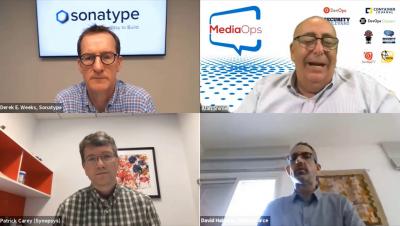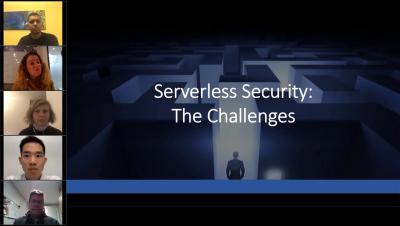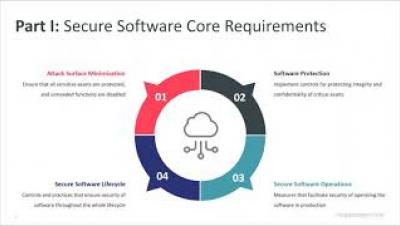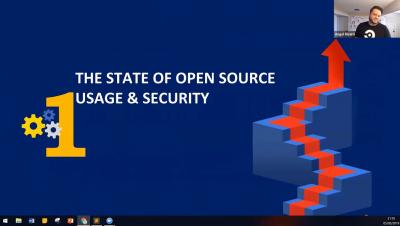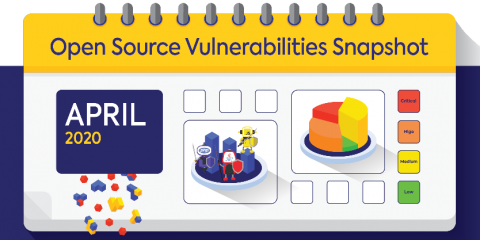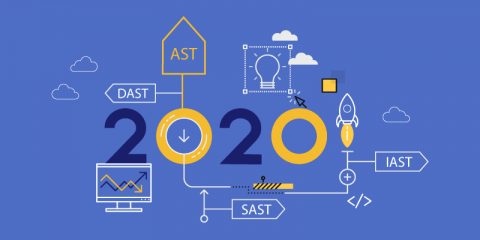Security | Threat Detection | Cyberattacks | DevSecOps | Compliance
Mend
Panel Discussion: Forrester's Latest Wave Report on Software Composition Analysis 2019
Open Source Analysis Extends Your Visibility
When we think of open source analysis, security is often the first thing that comes to mind. But open source analysis is so much more than just security. It gives you visibility into your codebase to help you understand and manage your open source components. In this blog, we’ll define open source analysis, look at why it’s important to your business, and describe the characteristics of an effective open source analysis framework.
Predict 2020 - Developers Do Security
How SAP Integrates License Compliance & Security Into Their DevOps Pipeline
Panel Discussion: Cloud Security - Keeping Serverless Data Safe
Demystifying PCI Software Security Framework: All You Need to Know for Your AppSec Strategy
Whitesource and CircleCI Orbs: Secure your CI/CD Pipelines from Start to Finish
April Open Source Security Vulnerabilities Snapshot
Oh what a difference a month makes! When we launched our new monthly open source vulnerabilities snapshot series last month, we didn’t imagine that the following post would be researched and written by an unexpectedly remote team.
Application Security Testing Trends
According to a recent Forrester report, the application security market will exceed $7 billion by 2023, with security scanning tools leading. Clearly, organizations increasingly understand that securing their application layer is important, and they are prepared to invest substantial resources in protecting it.



